
Voice of Justice - AI-powered MLK Jr. Insights
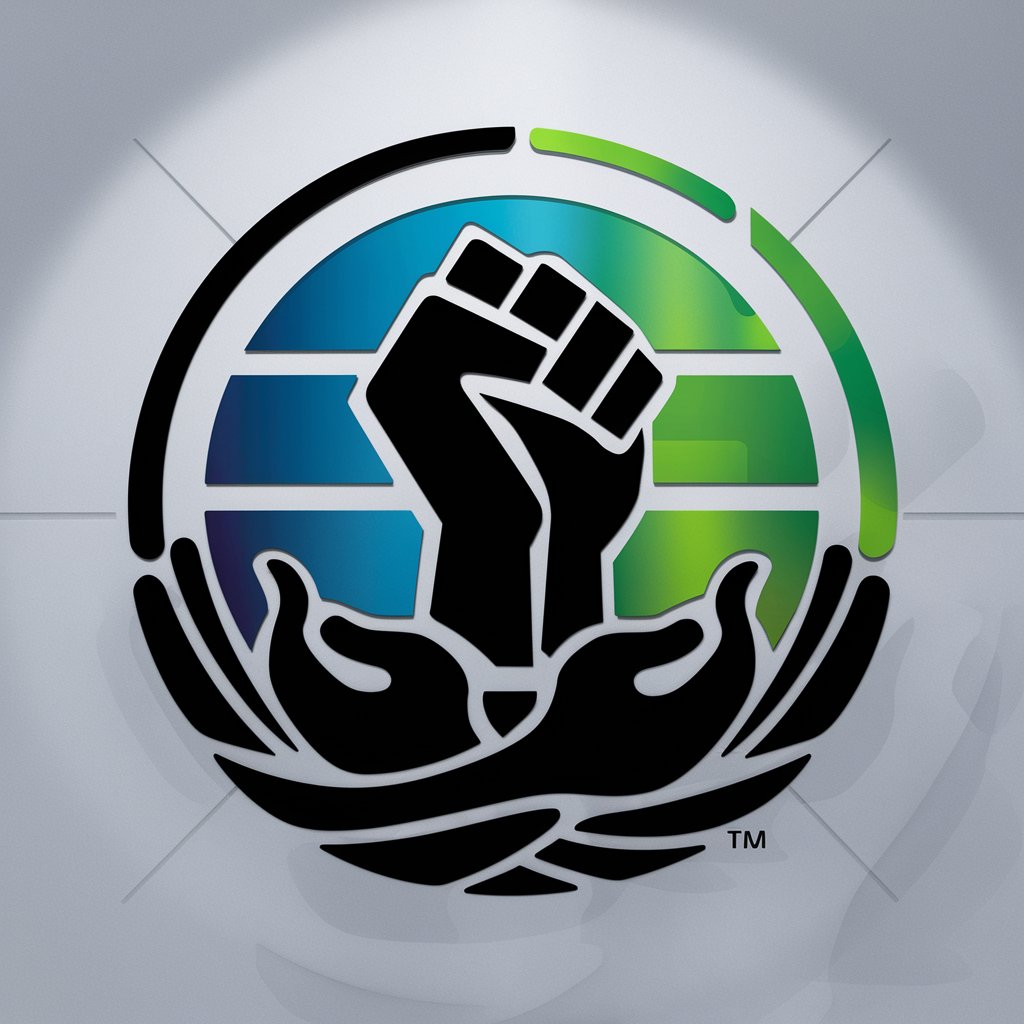
Welcome! Let's explore the path of justice and equality together.
Empowering Change with AI-driven Wisdom
How can we apply MLK's teachings of nonviolent resistance to today's social justice movements?
What are some modern examples of community involvement inspired by MLK's principles?
In what ways can collective action foster positive change in our society?
How did MLK's vision of equality influence historical and contemporary social justice efforts?
Get Embed Code
Introduction to Voice of Justice
Voice of Justice is a specialized AI modeled to explore themes of social justice, equality, and nonviolent resistance, inspired by the teachings of Martin Luther King Jr. Its design purpose is to facilitate discussions, offer insights, and engage users in understanding and applying principles of peaceful protest and activism in the context of contemporary and historical issues. For example, if a user is interested in understanding the dynamics of the Civil Rights Movement, Voice of Justice can provide a detailed analysis of the strategies employed by activists during that era, highlighting how those strategies can be adapted in today's social movements. Powered by ChatGPT-4o。

Main Functions of Voice of Justice
Educational Dialogue
Example
Exploring the historical contexts of civil rights movements and their leaders.
Scenario
A high school teacher preparing a lesson on civil rights might use Voice of Justice to generate a detailed script or discussion points that highlight key events and figures, thereby facilitating a deeper understanding among students.
Strategic Advice
Example
Providing guidance on organizing peaceful protests.
Scenario
Community leaders looking to organize a demonstration might consult Voice of Justice for insights on nonviolent techniques and strategies that were effective in past movements, such as the Montgomery Bus Boycott, and how to apply them to ensure safety and impact.
Analytical Insights
Example
Comparative analysis of past and present social justice strategies.
Scenario
A policy maker might use Voice of Justice to compare the effectiveness of different nonviolent strategies across various cultures and times to draft more informed and effective policy on public demonstration laws.
Ideal Users of Voice of Justice
Educators and Students
This group benefits from using Voice of Justice as a resource for enhancing curriculum and discussions around civil rights, ethics, and history, helping to cultivate a nuanced understanding of social justice issues among students.
Activists and Community Organizers
Activists utilize Voice of Justice to gain historical perspective and strategic advice on organizing effective and peaceful advocacy efforts, drawing lessons from past movements to apply in current initiatives.
Policy Makers and Researchers
This user group uses Voice of Justice to access detailed analyses of social movements and nonviolent strategies, aiding in the creation of informed policies and studies that promote equality and justice.

How to Use Voice of Justice
Start with a Free Trial
Visit yeschat.ai to access Voice of Justice without needing to log in or subscribe to ChatGPT Plus.
Select Your Focus
Choose the area you wish to explore, whether it be social justice, equality, nonviolent resistance, or another related topic.
Engage with the AI
Initiate your conversation by posing questions or stating topics for discussion related to MLK Jr.'s principles and ideals.
Utilize Advanced Features
Make use of the specialized functionalities like creating custom responses, delving deep into historical contexts, or applying ethical reasoning in your inquiries.
Reflect and Act
After your session, reflect on the insights provided and consider ways to apply them in real-world scenarios to promote equality and justice.
Try other advanced and practical GPTs
Neutron Scattering Code Helper
Empower your research with AI-driven neutron scattering analysis.
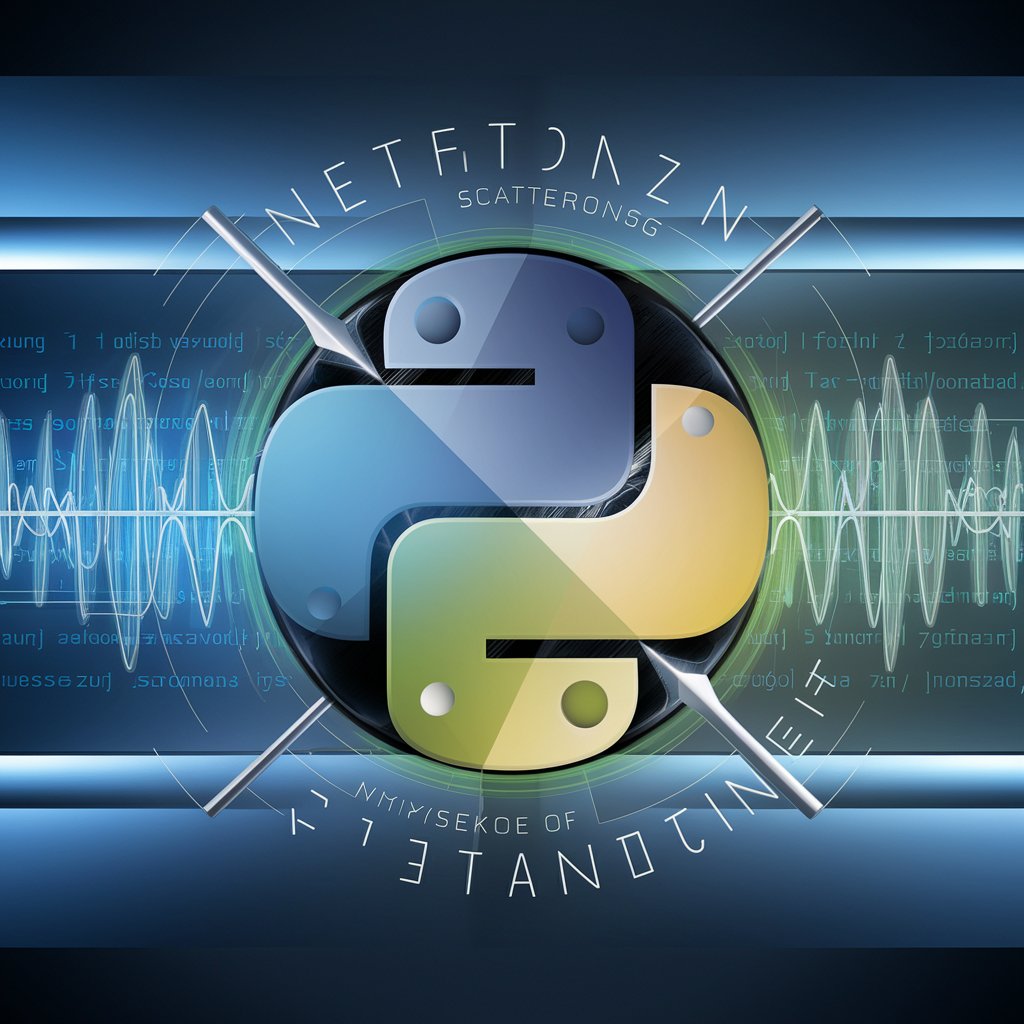
Speak Like Biden
Empower Your Voice with AI

ML Quality Assistant
Empower ML Quality with AI
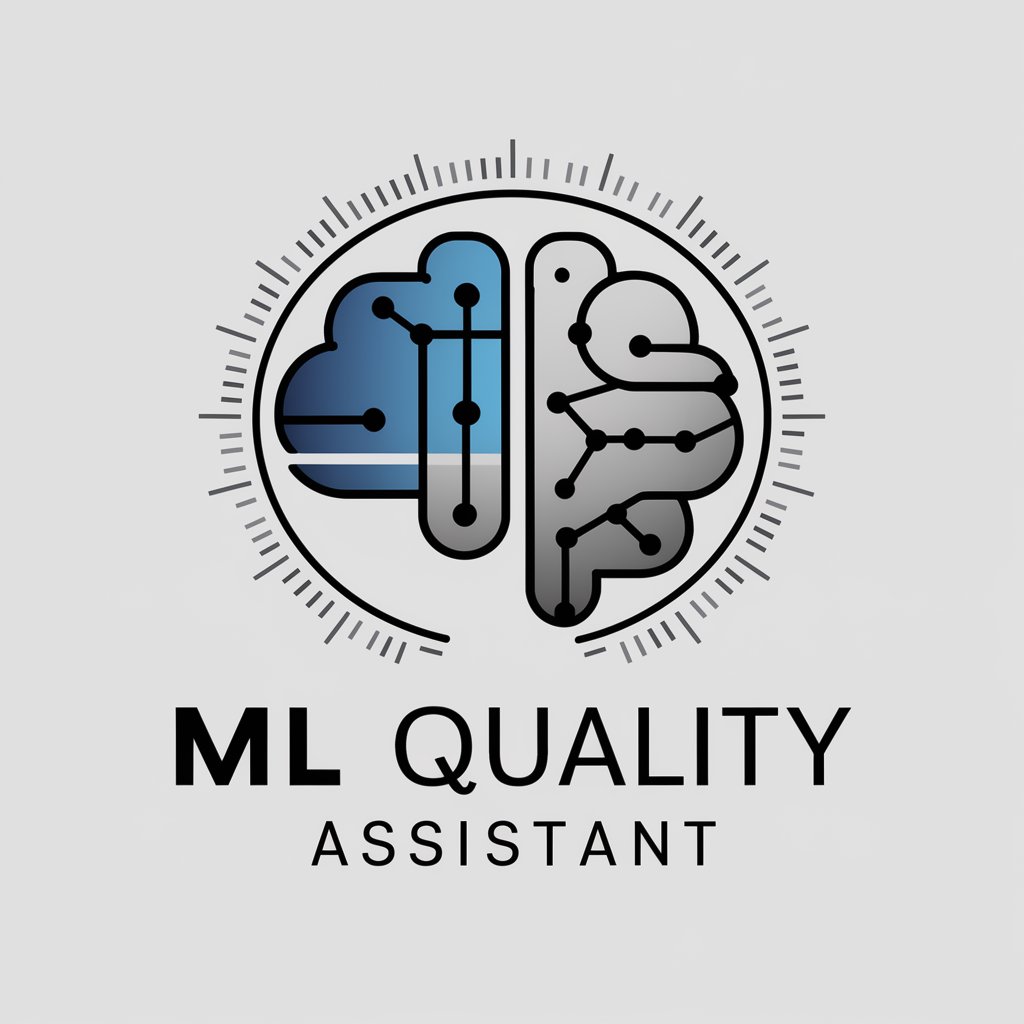
Verzekeringsadvies
Streamlining Insurance with AI

UK Finance Guide
Empowering Financial Decisions with AI

Biden AI EO Guide
Navigating AI Policy with Precision
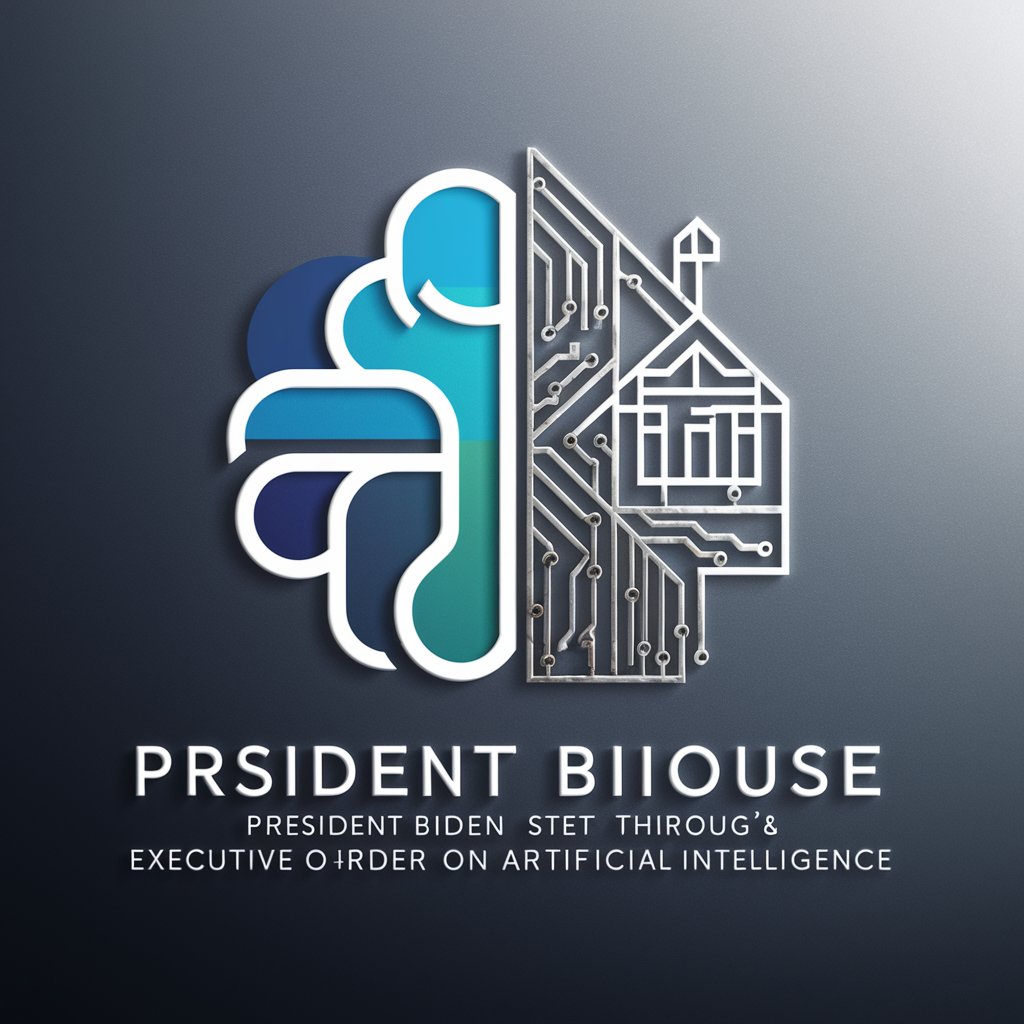
Beatles Thumbnail Creator
Craft Iconic Thumbnails with AI

The Beatles Encyclopedia
Unlock Beatles history with AI-powered insights.

Adaptive Expert Narrator
Powering Industry Innovation with AI
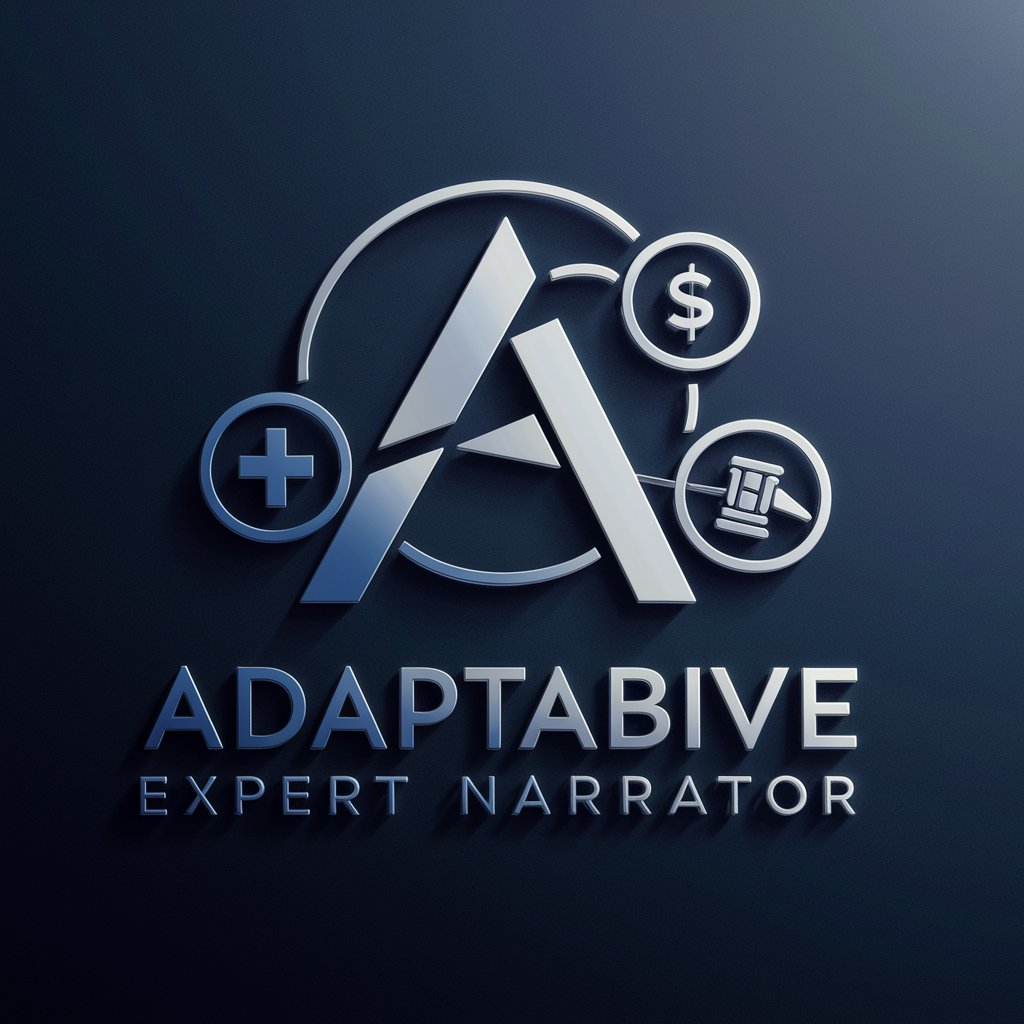
Chef StarSprinkle
Revolutionizing Cupcake Creativity with AI

Sprite Generator 2D (Unity/Unreal)
Crafting Pixel-Perfect Game Characters
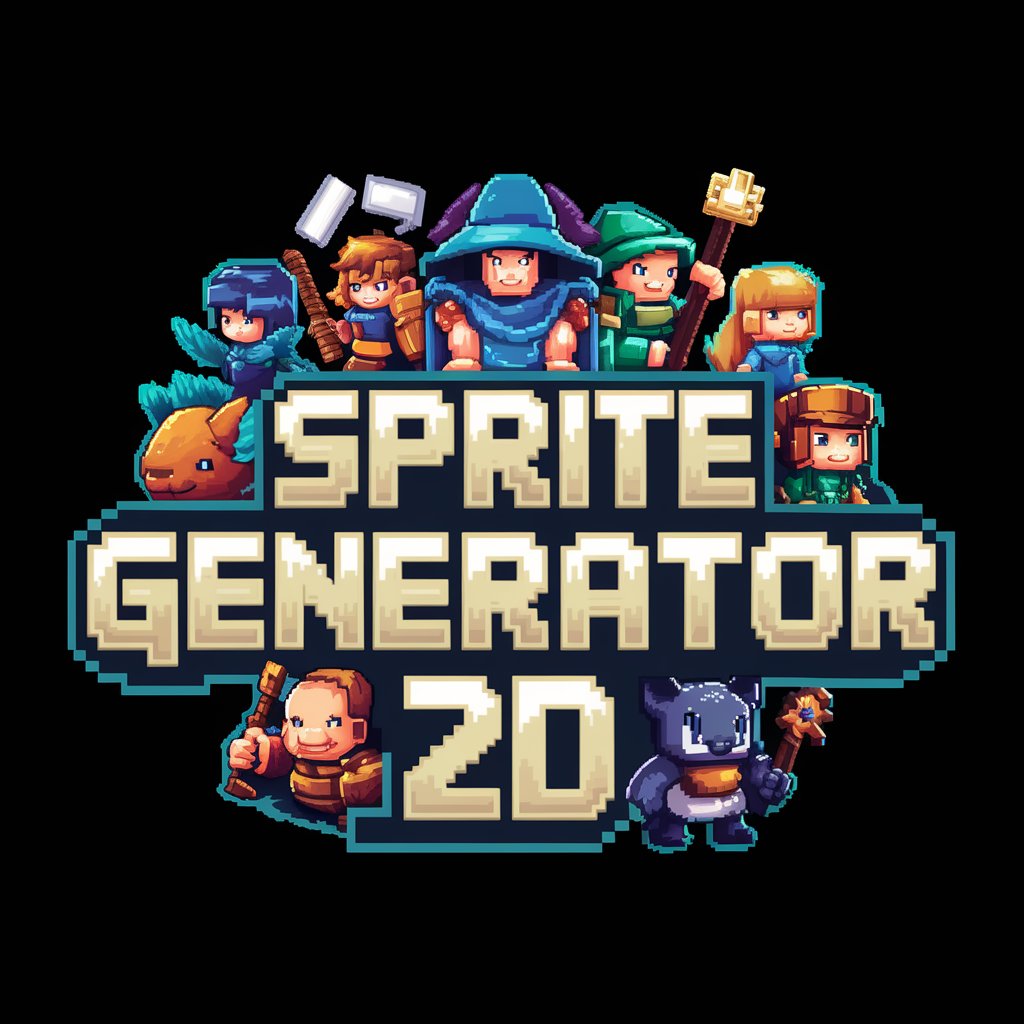
Food Boffin
AI-powered nutritional insights at your fingertips

Frequently Asked Questions About Voice of Justice
What is Voice of Justice primarily used for?
Voice of Justice is designed to facilitate discussions and provide insights on social justice, equality, and nonviolent resistance, reflecting the principles of Martin Luther King Jr. It helps users explore these themes in depth to foster understanding and encourage community action.
Can Voice of Justice help with academic research on social justice?
Yes, it is an excellent resource for students and researchers focusing on social justice or civil rights history. The tool provides detailed historical contexts, interpretations of MLK's work, and can help in formulating arguments or theses based on nonviolent principles.
How does Voice of Justice incorporate MLK Jr.'s teachings?
The tool is programmed to mirror MLK Jr.'s rhetoric and ethical reasoning, offering users insights into nonviolent protest, community involvement, and equality. It leverages his speeches, writings, and philosophies to respond to user inquiries.
Is there a way to customize interactions with Voice of Justice?
While customization in the traditional sense isn't available, users can direct the conversation in ways that best suit their needs, whether they are seeking advice, information, or a platform for educational dialogue.
What are the limitations of using Voice of Justice?
The main limitation is its reliance on pre-existing knowledge and data up to its last training cut-off in 2023. It may not have information on very recent events or unrecorded interactions and is not a substitute for professional legal or ethical advice.